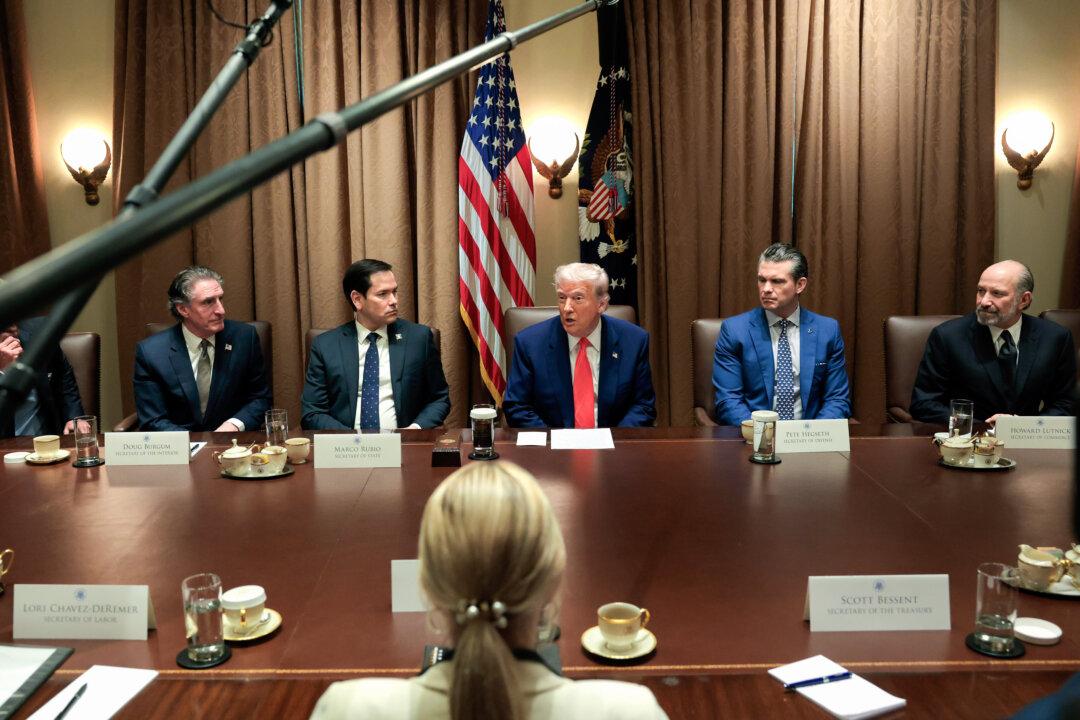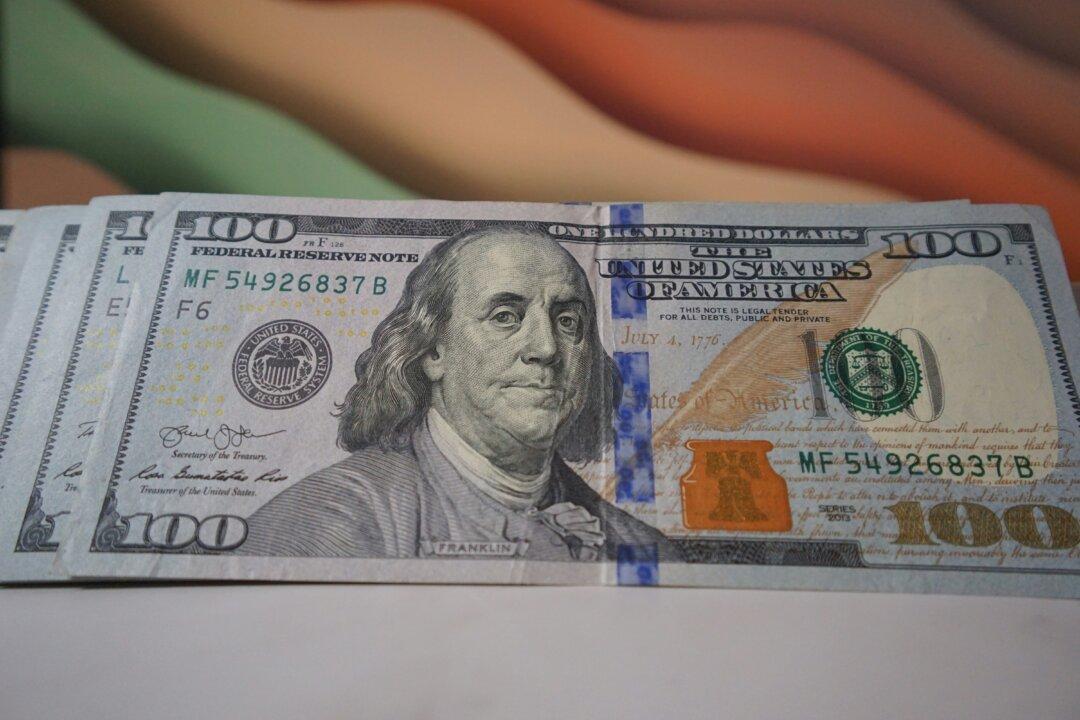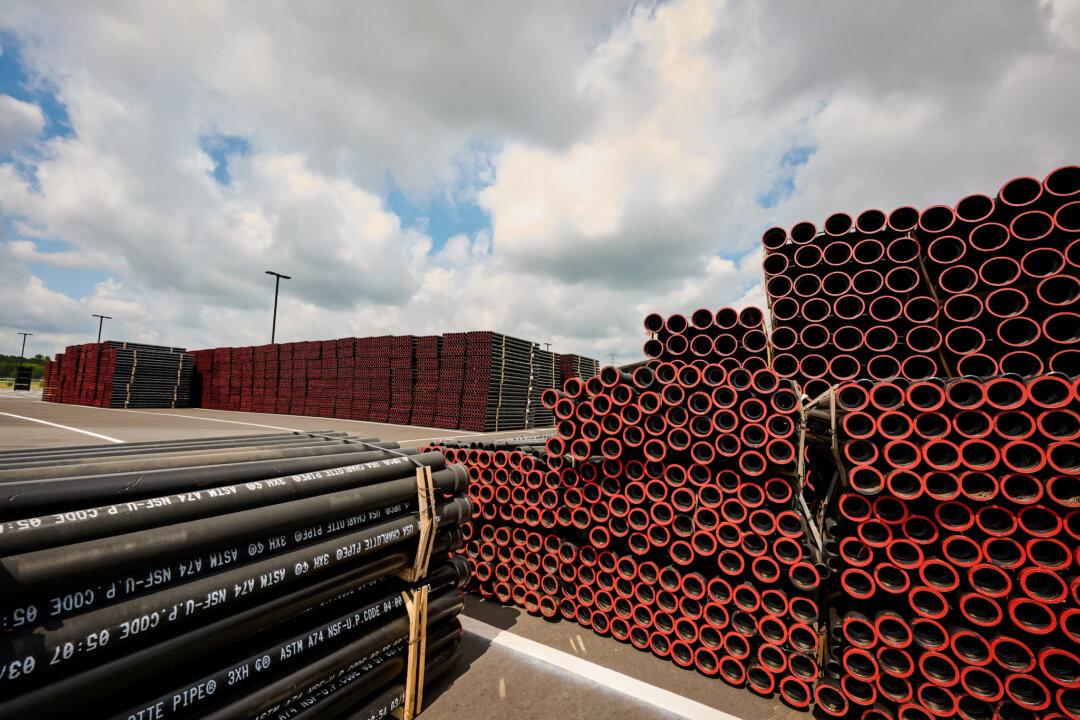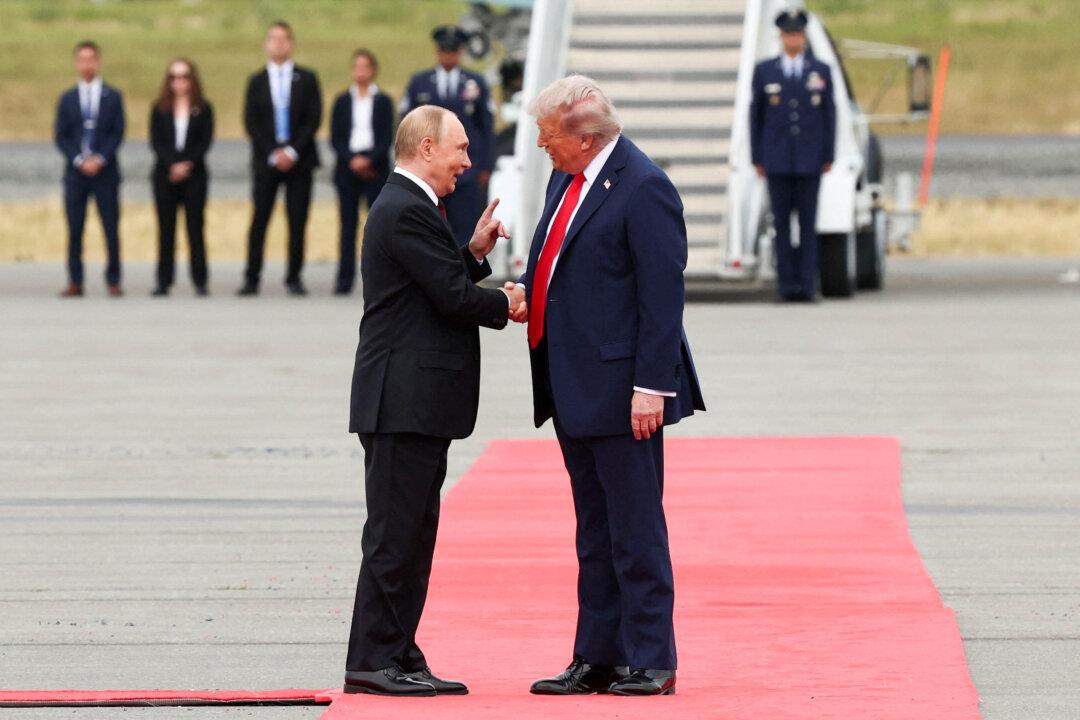April 9 marks a watershed moment in U.S.–China relations. That’s the view of Mike Sun, a U.S.-based businessman with decades of experience advising foreign investors and traders doing business in China.
On this date, China hit the United States back with an extra 50 percent in tariffs, the third round of retaliations from Beijing. Later, Trump raised tariffs on China to a total of 145 percent while pausing higher levies on all other countries. China then raised tariffs on the U.S. to 125 percent.





